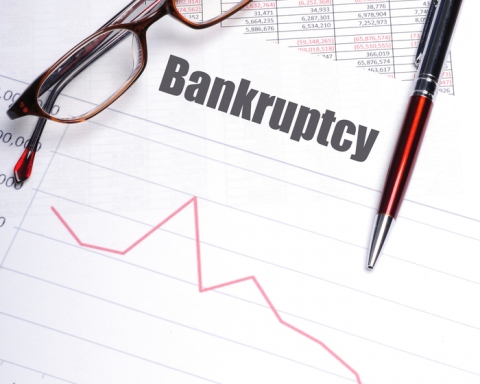Regardless of their informed decisions and hard work, business professionals could fail due to various internal and external factors. In this case, bankruptcy could only be the only viable option when the business is dealing with debt they can’t handle. Chapter 7 Bankruptcy could be an effective way out if businesses have financial difficulty. It can be depressing when you are being harassed non-stop by multiple creditors. There could also be threatening letter from the collection agency and their lawyers. When things are bad enough, local court could sue you and they will garnish your paycheck. Your vehicles can be repossessed, your home foreclosed and your utilities shut off. If you want to prevent being left with almost nothing, then seeking bankruptcy protection could be a good legal decision.
After you file for a Chapter 7 Bankruptcy case, a court order is automatically issued. It means that it’s illegal for creditors to try to contact you. This should give you some breathing room and you can get a sense of relief. You can focus more on basic needs like food, children education and various essential obligations. However, some financial obligations like student loans and income taxes may not go away from filing Chapter 7 Bankruptcy. The case should stay open for 4 months and the Bankruptcy judge will discharge your debts, as long as they are dischargeable. To fully improve your chance, you should review bankruptcy papers carefully.
You are the one who knows about your own legal situation, so you need to use this to your advantage. Give proof about your involvement with creditors. Get latest copies of reports from credit reporting agencies. In the United States, these agencies are Equifax, Experian and Trans Union. Lawyer, court and trustee will ask to get information from you, as soon as you file the case. As an example, you may be asked to submit latest bank statements, profit and loss statements, income evidences and others documents that may be relevant to your case, such as valuation of your assets. You may also provide other details such as tax refunds, life insurance, retirement plans, vehicle value and personal belongings value. Approximately one month after the case is filed, there will be the “meetings of creditors”.
This is the time when you need to answer trustees about your case. These meetings usually take place before outside the courtroom. In fact, people who file Chapter 7 Bankruptcy never go inside the courtroom at all. Meetings of creditors usually quite brief and it may last for about 15 to 30 minutes. However, subsequent meetings may be needed if your case is complicated with many assets and financial obligation involved. People who have no attorney and represent themselves can be at severe disadvantage. Because they don’t know what they are doing, there could be a few things that are poorly prepared and more meetings could be needed. Bankruptcy attorneys could also help clients to obtain exemptions, so they can retain personal and real estate properties.









